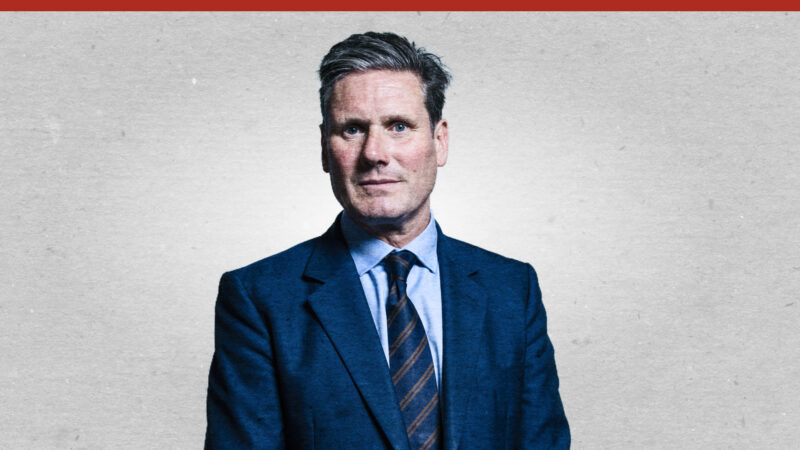
The Prime Minister was moved to an intensive care unit with worsening coronavirus symptoms, we learnt last night. Michael Gove has said this morning that Boris Johnson received oxygen support but is not on a ventilator; the Chancellor of the Duchy of Lancaster could not say whether he has pneumonia. As Keir Starmer has noted, all the country’s thoughts are with the PM and his family. We are also sending our very best wishes to Labour MP Tony Lloyd who was admitted to hospital with coronavirus yesterday. I would encourage everyone to watch and share new filmed reports from the BBC and from ITV, which show the reality of the NHS frontline right now. It is a reminder: stay at home.
Keir Starmer finalised appointments to the new shadow cabinet yesterday. The headline-hitting decision was the return of Ed Miliband, who has taken over Rebecca Long-Bailey’s business, energy and industrial strategy role. Although the unsuccessful leadership candidate is being taken away from the green industrial revolution policy, the development of which she led, the left-wing Labour for a Green New Deal campaign group isn’t too disappointed – Miliband was an early backer of the GND and chaired their launch in parliament.
Long-Bailey has been moved to education, where she may be restricted from a left perspective but can be relied upon to hold the line on scrapping tuition fees and generally oppose the marketisation of higher education. The brief also fits in neatly with her ‘aspirational socialism’ message during the leadership campaign. Her supporters, broadly, are not disappointed: though many would have preferred Richard Burgon, Dan Carden and other key Corbynites to have stayed, there was never any chance of this happening under Keir Starmer. And he could have fobbed off RLB with a less important post – instead, he came through on his pledge to give “top jobs” to both Long-Bailey and Nandy (particularly the latter, of course).
It has been described as a bonfire of the Corbynites. True, most have been cleared out, with only Long-Bailey, Andy McDonald and Cat Smith remaining. But the new leader has not promoted media favourites from the party’s right either. There are no figureheads of factions (e.g. Progress chair Alison McGovern), nor have the most vocal critics of Jeremy Corbyn’s leadership been promoted (e.g. Jess Phillips or Wes Streeting). Those thought of as ‘big hitters’, such as Yvette Cooper and Hilary Benn, have been kept as select committee chairs.
As I summarised in a piece looking at each of the appointments, this is a purge of the most vocal in the parliamentary party, in favour of the quietly competent. It certainly includes more women and more BAME MPs; it is also younger and features lots of Fabians. Labour MPs still on the backbenches are generally impressed with the competence levels of the new team, though some have privately expressed concerns – that there could be a lack of emotive communicators, save for Angela Rayner, and that it lacks mavericks willing to ‘say the unsayable’ around the cabinet table. For now, though, Starmer has prioritised keeping a lid on factionalism, and has made good on that campaign promise with his new shadow cabinet.
Sign up to LabourList’s morning email for everything Labour, every weekday morning.



More from LabourList
‘After years of cuts, Labour’s local government settlement begins to put things right’
‘The Sherriff of Wild Westminster: what must change in elections bill’
‘The hope that kills you’: Reflections from the final day in Gorton and Denton